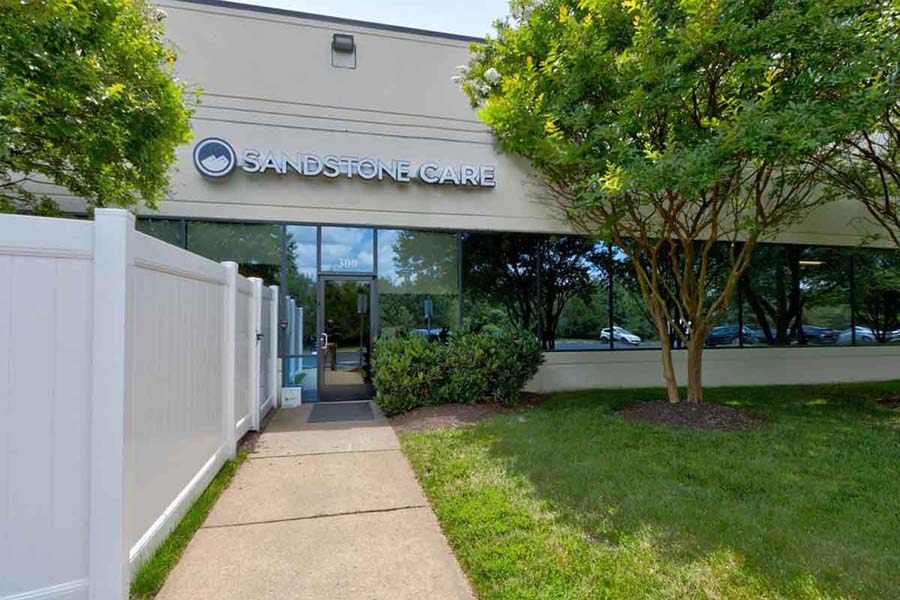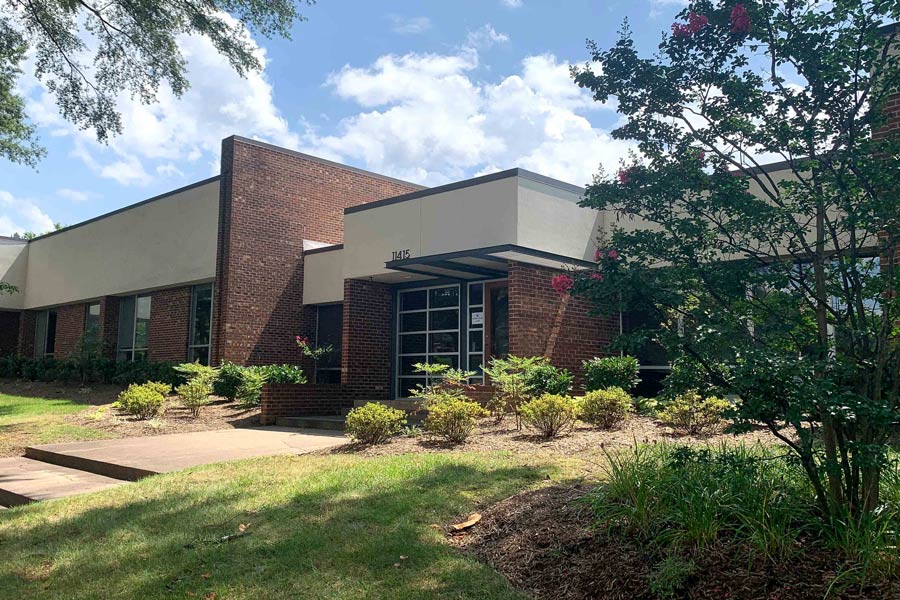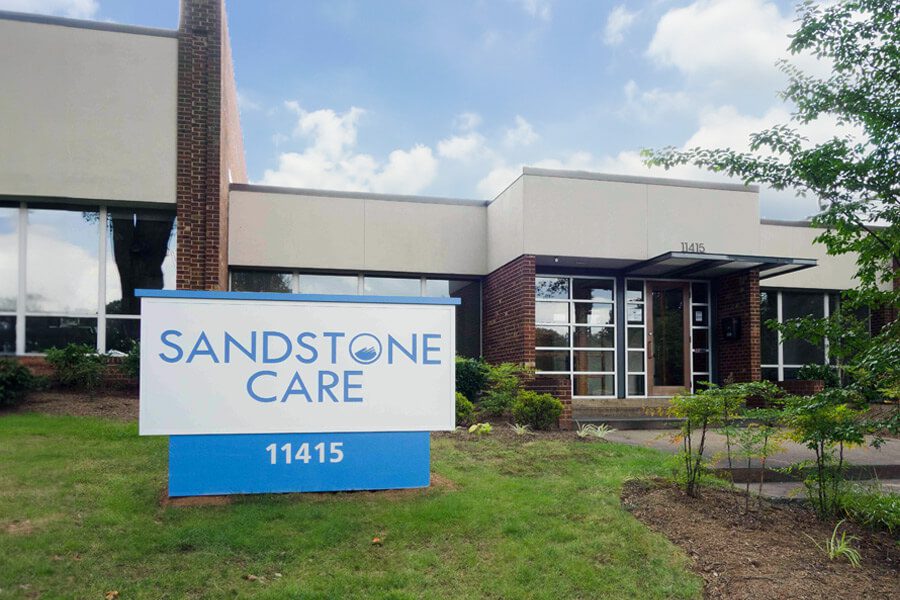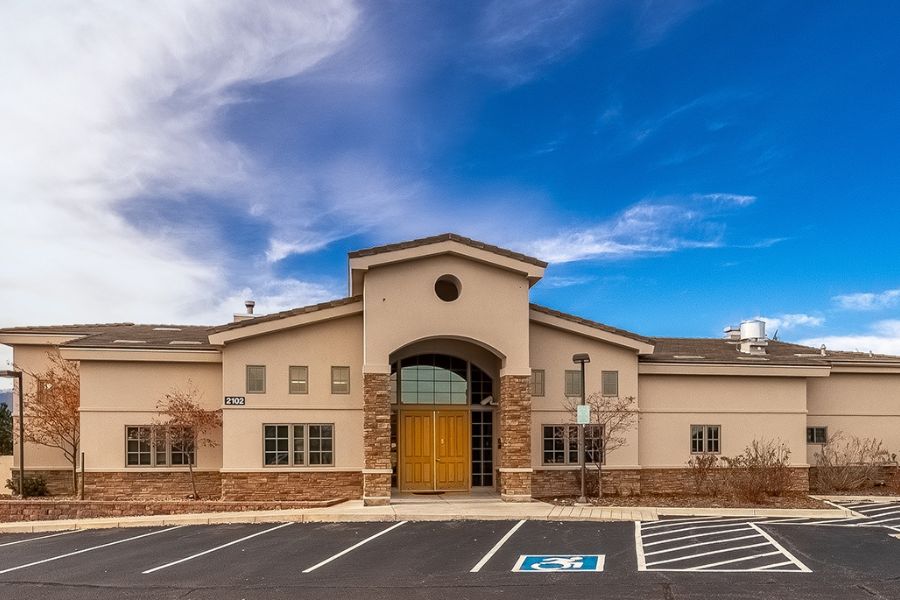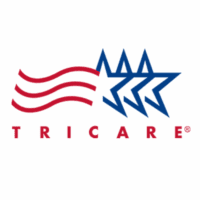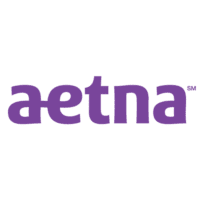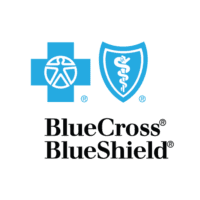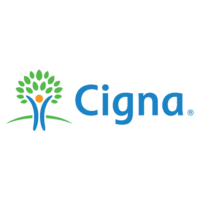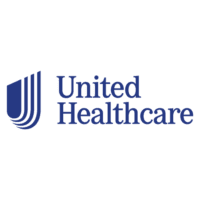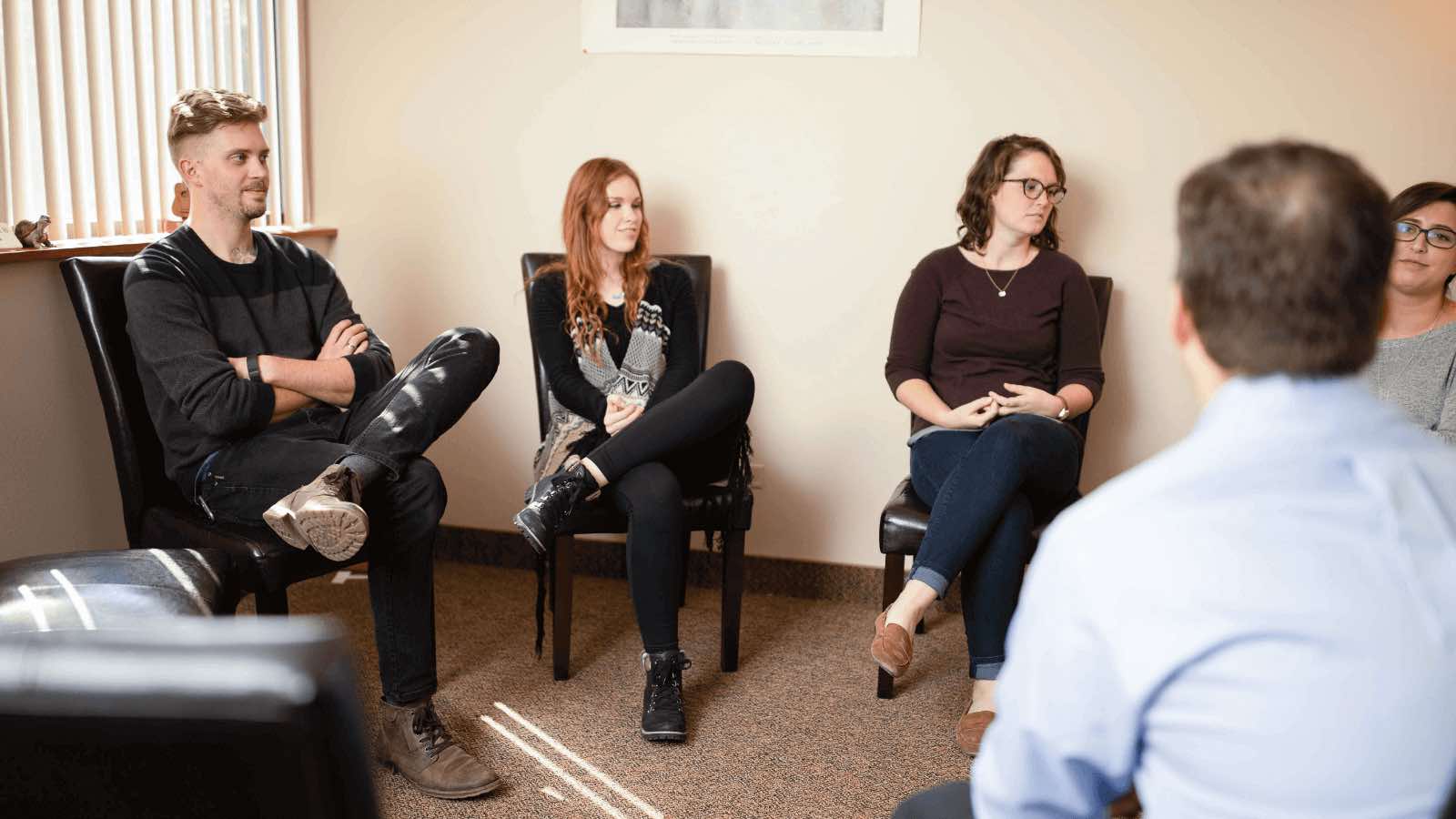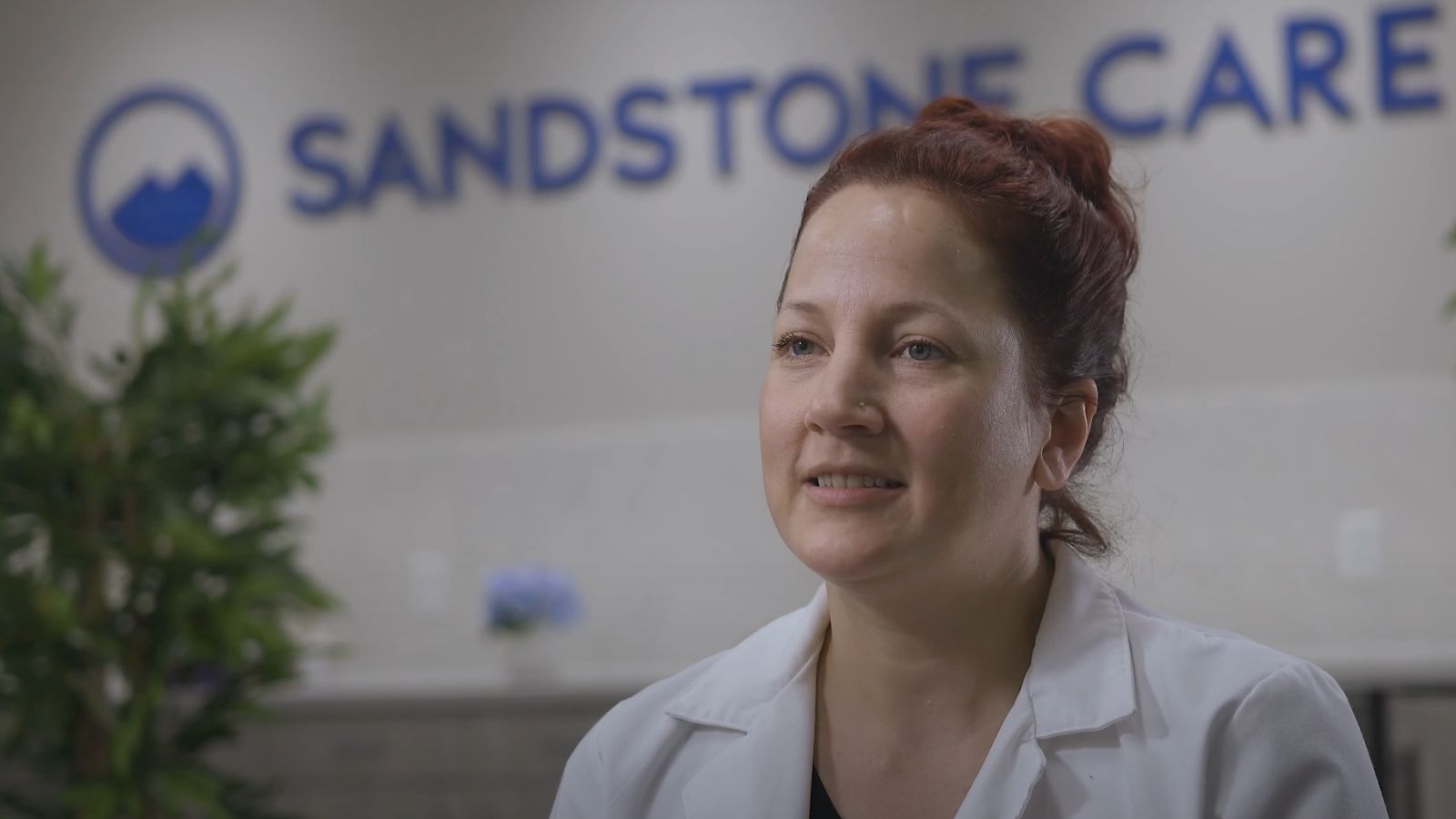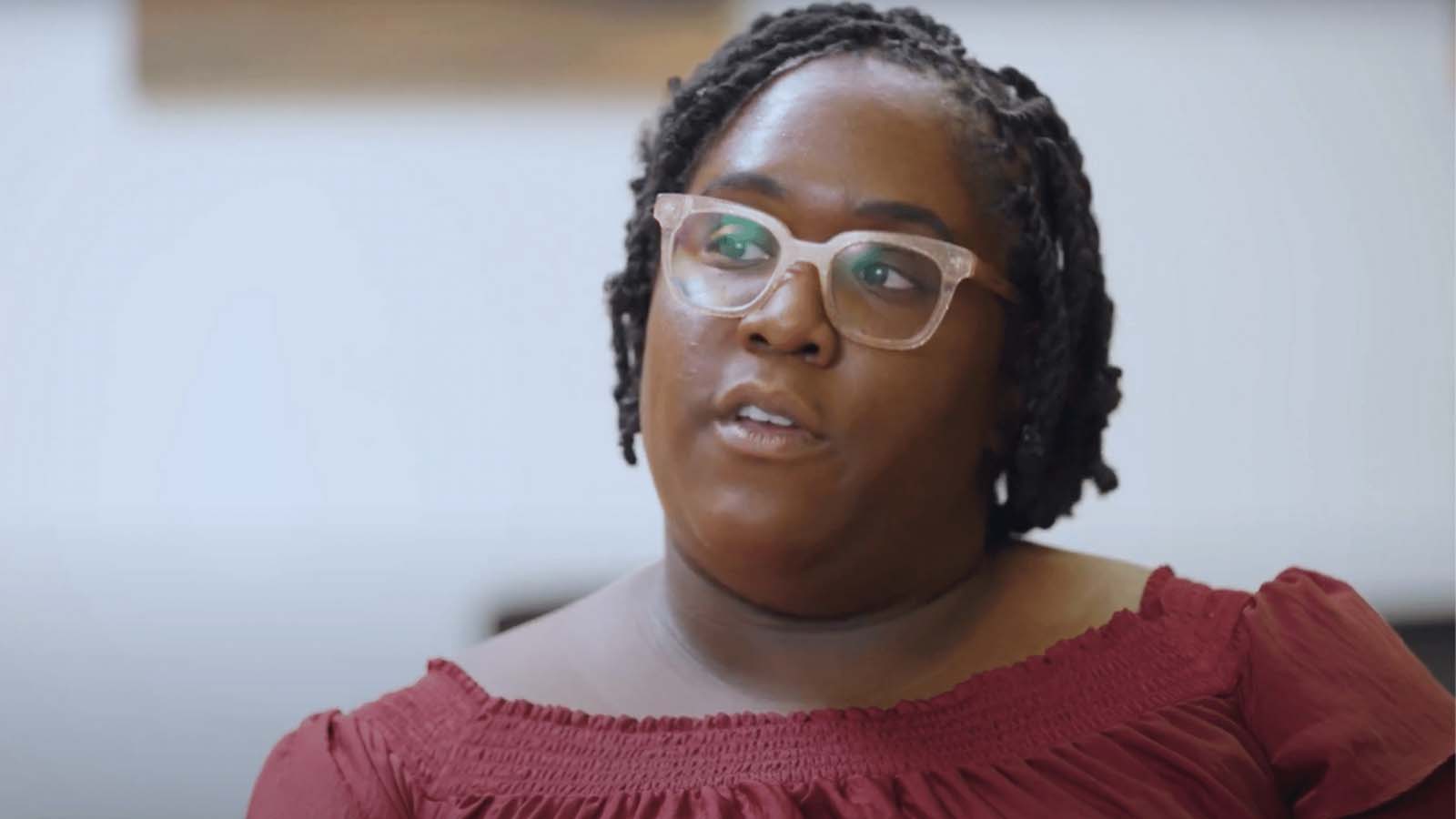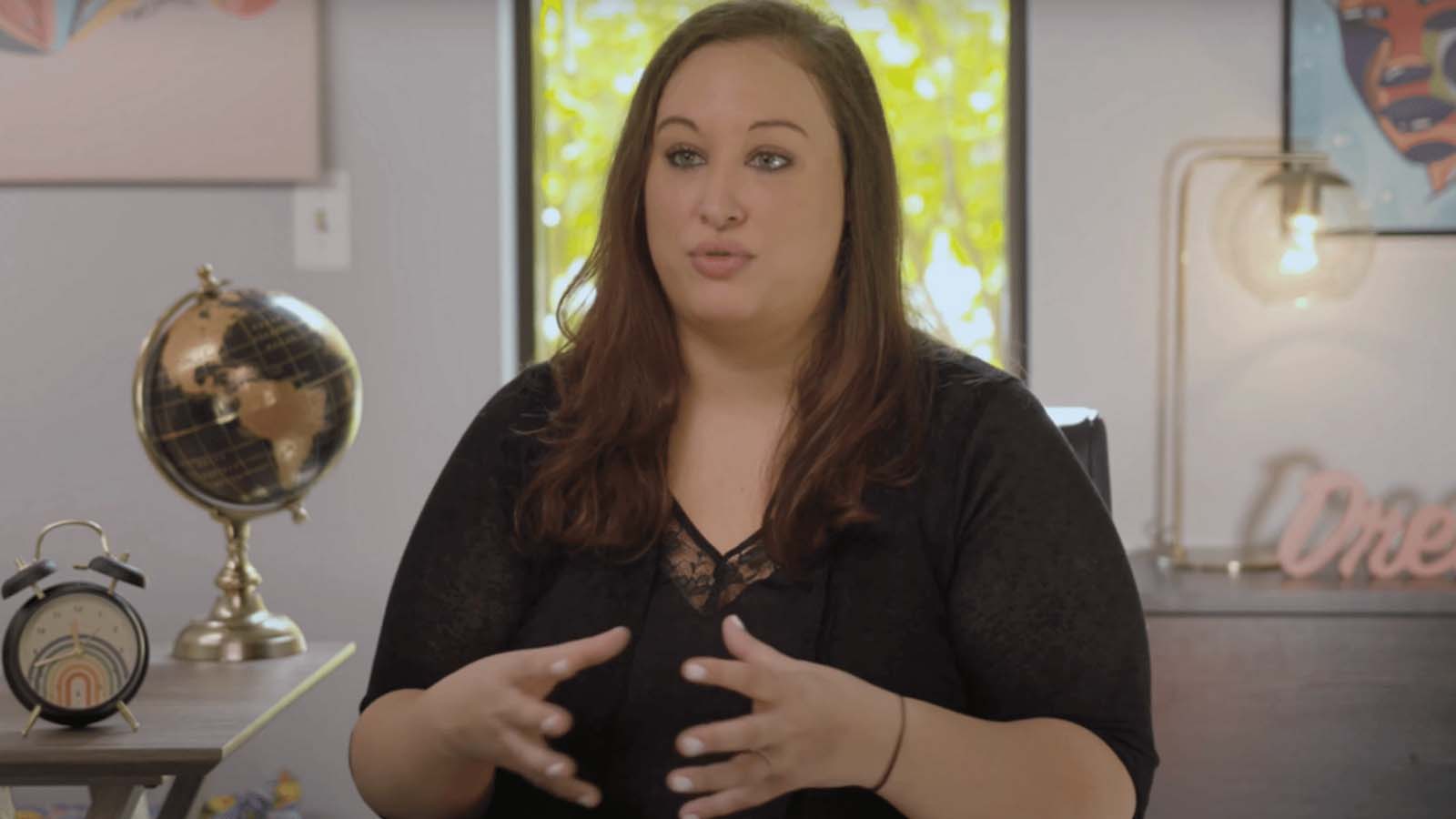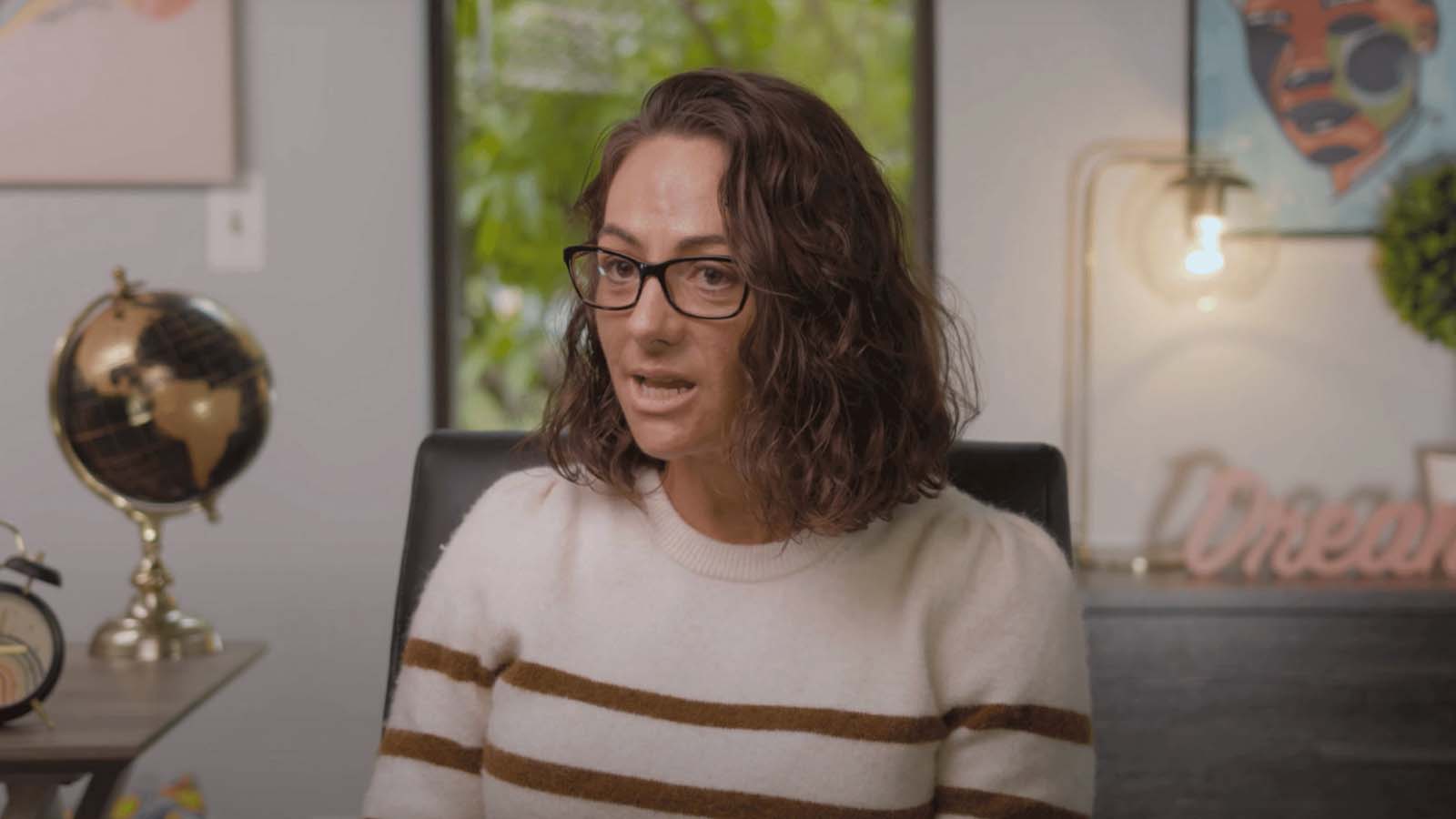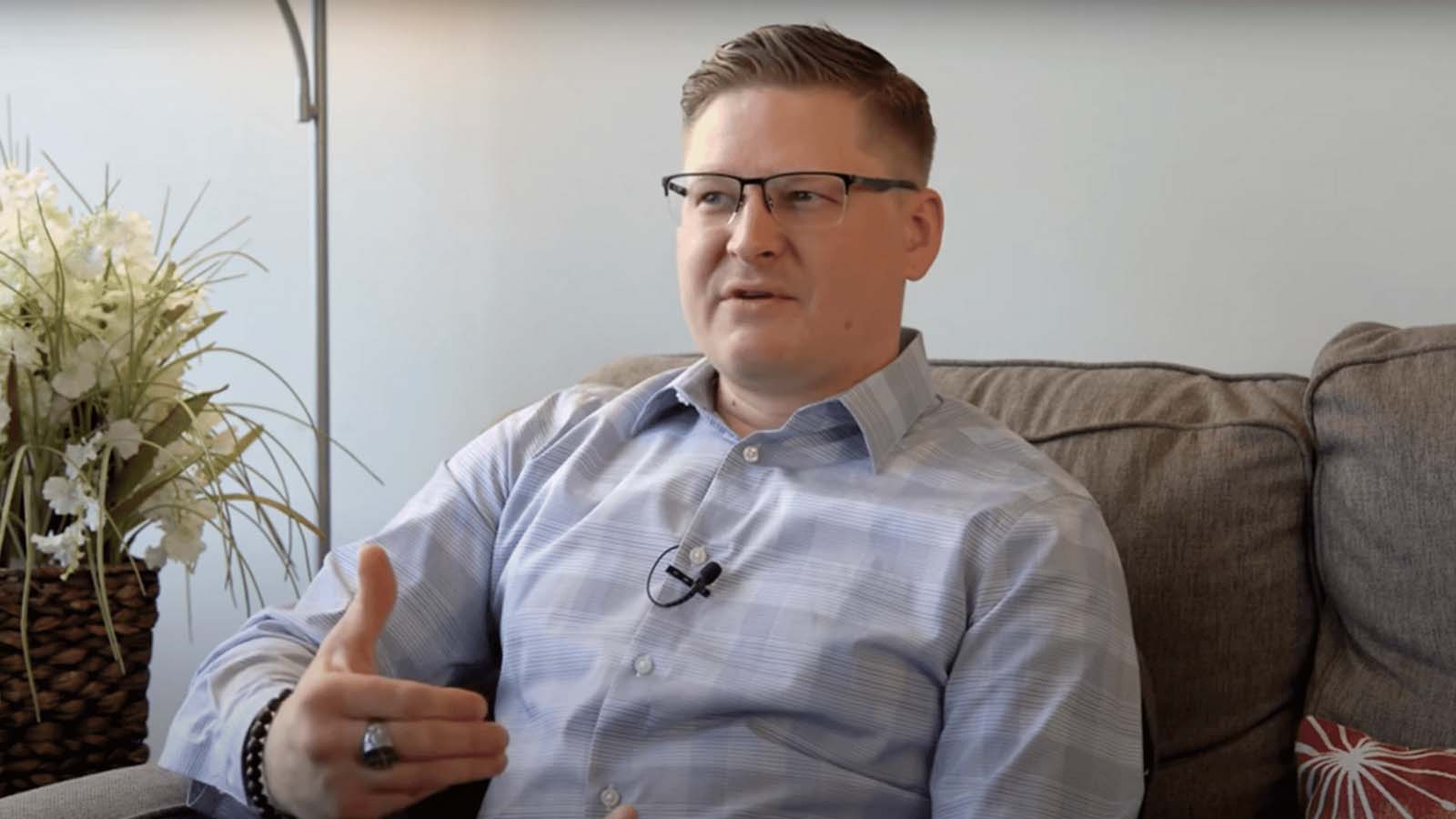Finding Drug & Alcohol Rehab Centers in Richmond, VA
During the Revolutionary War, Virginia’s capital was moved from colonial Williamsburg to Richmond, deeper into the state, to prevent the British from taking over the city. However, in 1781, under the command of Benedict Arnold the city was burned to the ground.
The city recovered quickly and became a thriving city until the Civil War, where the city was destroyed again. It emerged a decade later as an industrial powerhouse for the united country. Today, the city is home many government–federal, state, and local agencies including the US Court of Appeals.
As you begin the process of searching for the best treatment program for yourself or a loved one, there are a lot of factors to consider. You don’t need to travel out of state to get high quality treatment as there are great options locally here in Virginia.
Determining what level of care is necessary can be extremely overwhelming. Talking to a knowledgeable treatment and mental health professional can help assess your needs, and guide you to resources that would be best for you.
Ask us about our drug & alcohol rehab treatments and locations.
We accept all major insurance and it only takes minutes to verify.




